Sybir Memorial Museum – Named Best in Europe

The Sybir Memorial Museum in Białystok has been named the best in Europe after being awarded the prestigious pan-European museum prize by the Council of Europe. Read more about this award at First News.
Awarded annually since 1977 the Council of Europe’s Museum Prize is given to museums which have been judged to have made a significant contribution to the understanding of European cultural heritage.
Opened in 2021, the Sybir Memorial Museum is Poland’s first museum devoted to telling the story of Poles in Siberia (in Polish ‘Sybir’), not only of the 20th century deportations of Poles to the region, but also of the 19th century exiles, earlier tsarist repressions and stories of voluntary settlement as well as the study of the region by Polish explorers.
The 20th century deportations are one of the little-known aspects of World War II. The Germans invaded Poland from the west on September 1, 1939. Two weeks later, on September 17, the Soviet Union invaded Poland from the east. The Soviets captured approximately 200,000 Polish soldiers during the September 1939 campaign and sent them to Siberian POW labor camps.

In addition, beginning in February 1940, the Soviets forcibly deported hundreds of thousands (some estimates range as high as 1.5 million) of innocent Polish civilians — men, women, children of all ages, entire families arbitrarily designated as “enemies of the people” — to Siberian slave labor camps. According to some estimates, as many as 50% of these deportees died under the harsh conditions.
Click here to learn more at the Sybir Memorial Museum website.
Two of our award-winning books — The Ice Road and Maps and Shadows — deal with these deportations. The Ice Road is a nonfiction memoir by Stefan Waydenfeld of his experience as a teenager being deported with his parents. Maps and Shadows is a fictionalized account of the author’s family’s deportation experience.






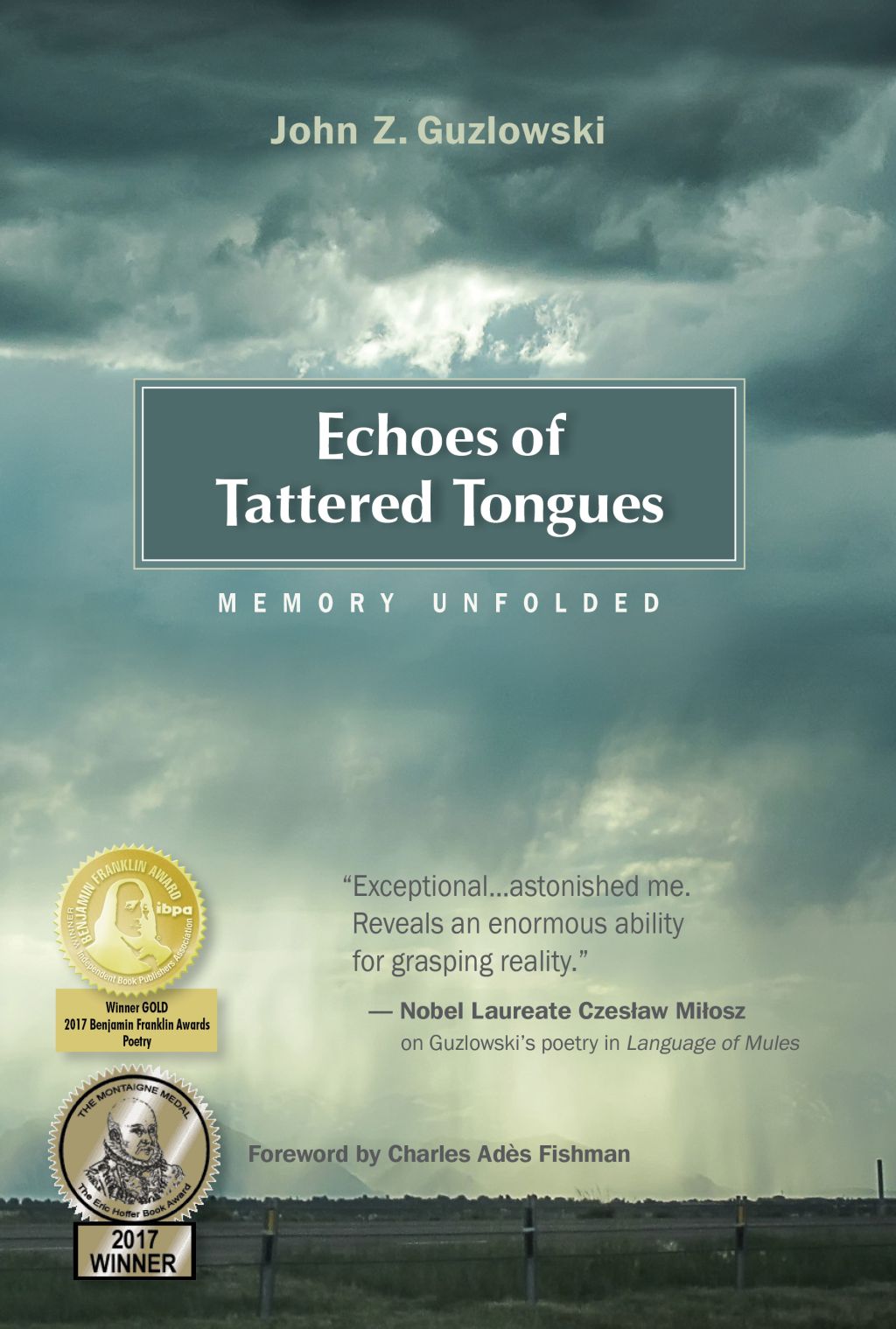
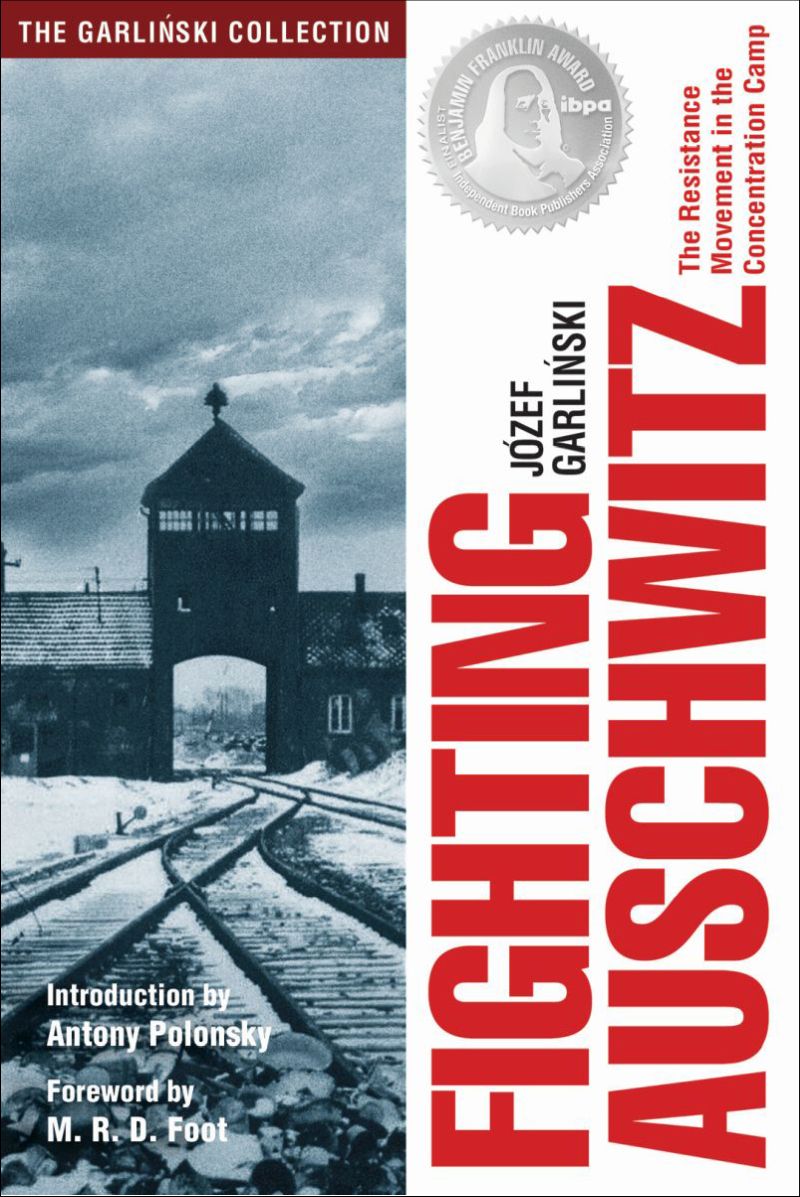
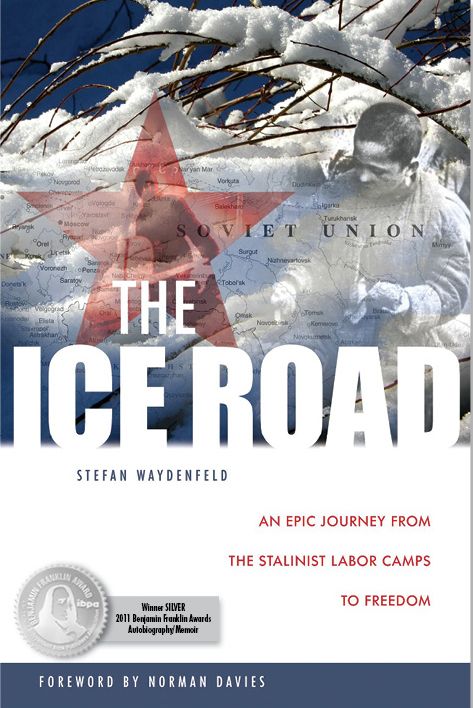
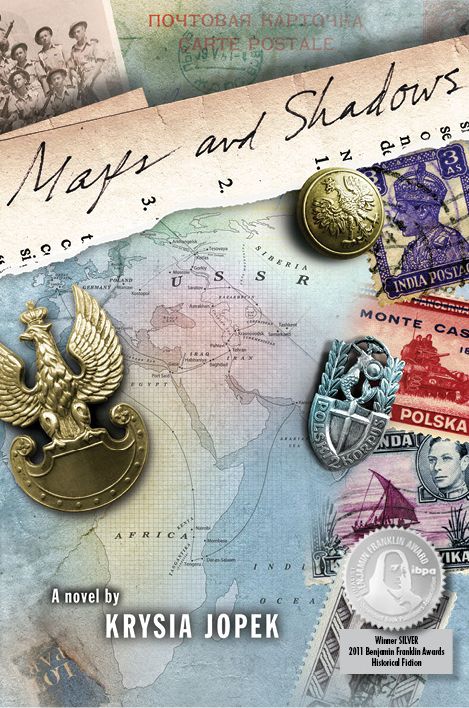
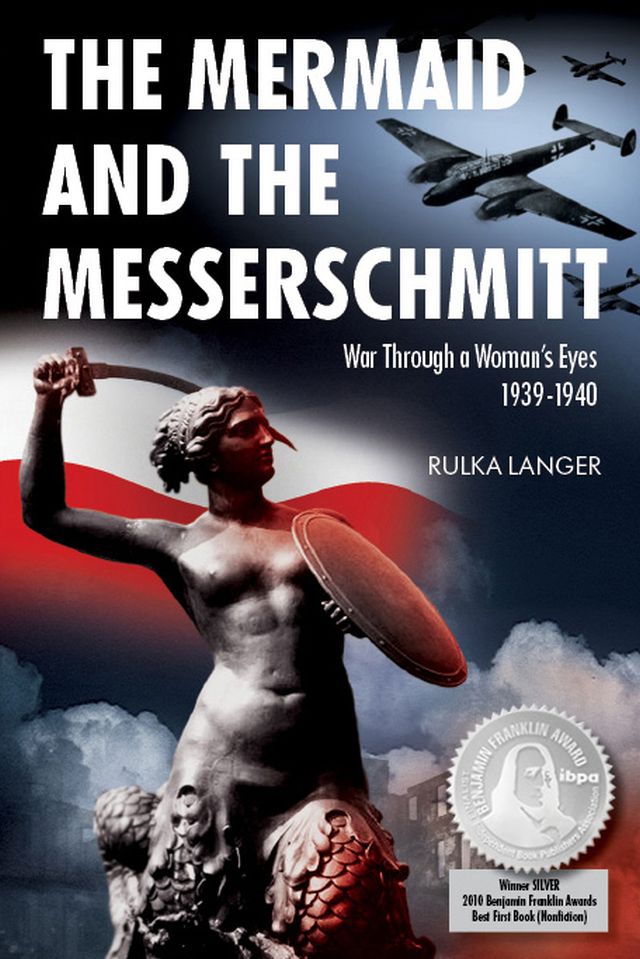

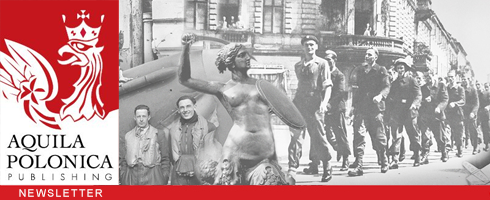

No comment yet, add your voice below!